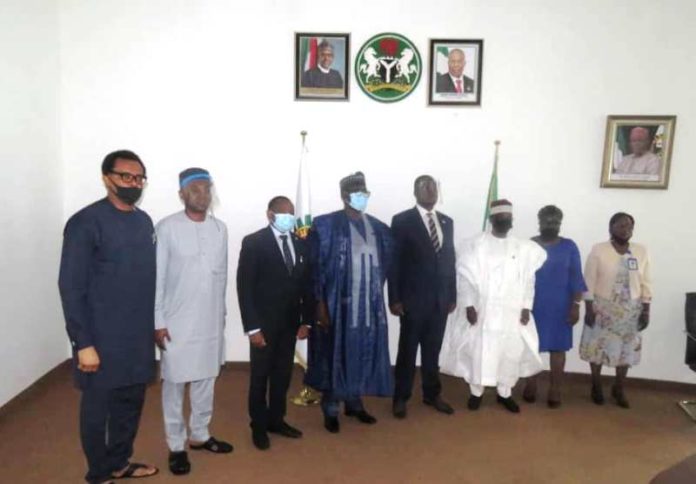Considering what they described as being shut out of business by non recalibration of pricing templates, most oil marketers have stopped fuel importation.
Other reasons adduced for their action include shortage of foreign exchange and increase in crude prices, which they claim have made it unprofitable to import petrol and sell at N145 per litre.
Business Hilights recalls that almost one year after the partial liberalisation of the nation’s fuel market, the Minister of State for Petroleum Resources, oil marketers and other stakeholders are concerned over the continued supply of over 90 per cent of petroleum products in the country by the Nigerian National Petroleum Corporation (NNPC).
Analysts are beginning to argue that even though government may be saturating the market, the problem remains if NNPC can sustain the supply for ages.
The scenario is coming with more risks of job losses and associated juvenile matters as many of the tanker drivers and tank farms of independent markets may be turned to criminal hideouts.
The Federal Government had on May 11, 2016 increased the price of Premium Motor Spirit (petrol) to N145 per litre from N86, putting an end to fuel subsidy to marketers.
Besides, in his presentation at the 2017 first Business Clinic of the Petroleum Downstream Group of the Lagos Chamber of Commerce and Industry in Lagos recently, kachukwu noted the need to reposition the downstream sector of the oil and gas industry.
According to him, the downstream sector witnessed increasing gaps in product supply in the first and second quarters of 2016, adding that the non-availability of forex and the inability of marketers to open letters of credit had force them to stop importation.
The minister, represented by the Chief Operating Officer, NNPC, Mr. Henry Ikem-Obih, said “The NNPC was not designed to provide this kind of service. Historically, the NNPC had done an average of 48 per cent of Nigeria’s fuel requirement. What eventually happened was that the NNPC was stretched, and to complicate the situation, there was no provision for fuel subsidy in the 2016 Appropriation”.
“Again, we are back to the situation that we were last year. Today, the NNPC has gone back to importing about 95 per cent of products to ensure stability. In fact, through the months of December, January, February and most of March, we did a 100 per cent for the market. We have seen two windows for private importation in the last four weeks.
“The NNPC is absorbing some of the cost implications resulting from the increase in crude oil prices and the current price ceiling of N145 at the pump for the PMS,” the Minister said.









